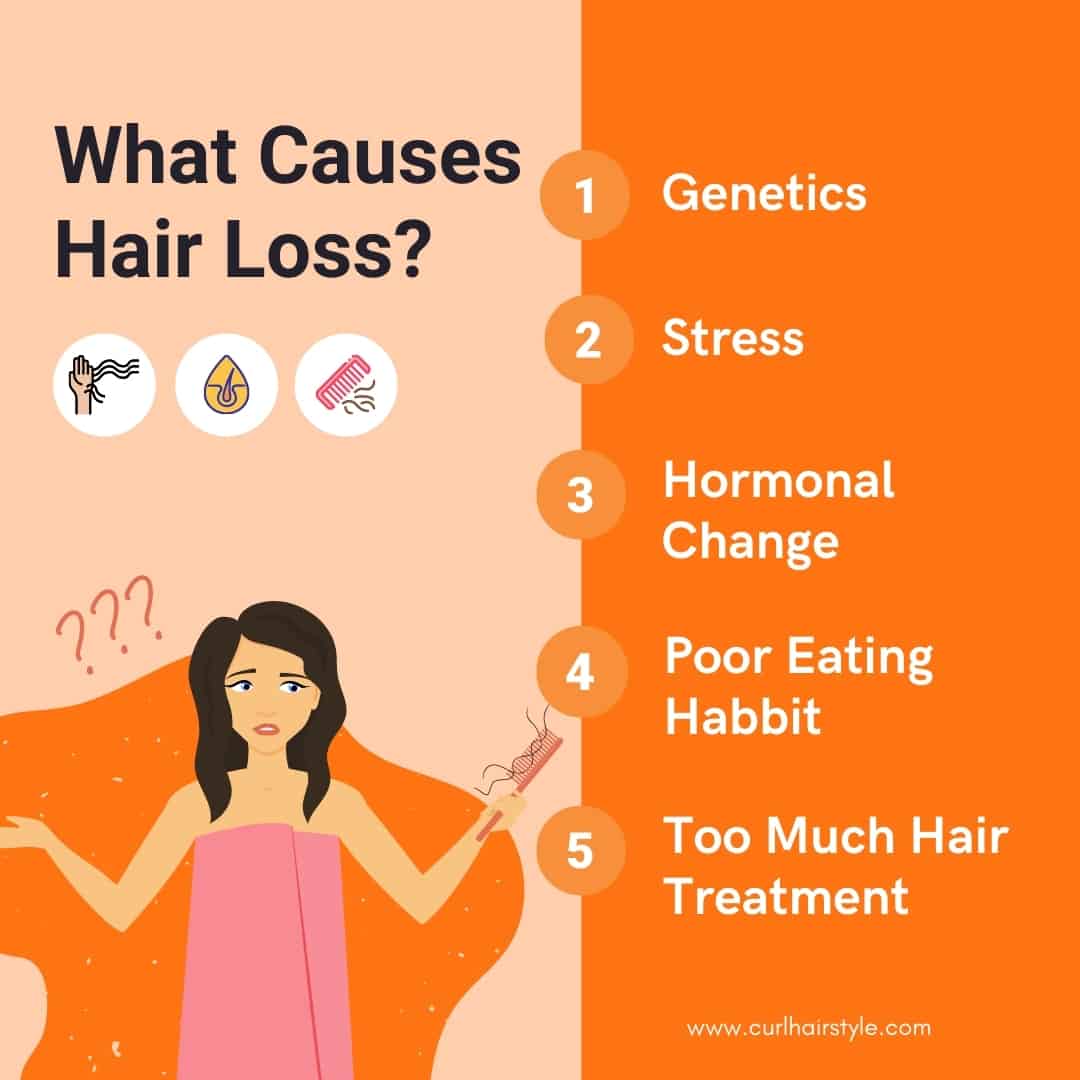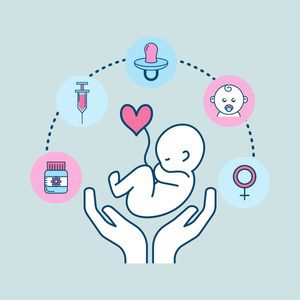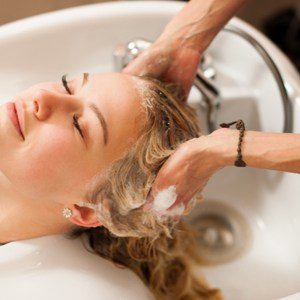7 Simple Tips to Manage Hair Loss | Hairstyles Edit
Finding a few hairs on your pillow each morning is normal. Seeing hair in the shower drain happens to everyone. Losing some hair every day is common. But if you notice more hair falling out or bald spots on your scalp, it’s time to pay attention. What is hair loss? What causes hair loss? In this article, we will share important facts about hair loss and offer helpful tips on how to manage and treat it.
What is hair loss?
Hair loss happens when a lot of hair falls out in both men and women. It also occurs if new hair does not grow back to replace the lost hair. Normally, we lose about 50 to 100 hairs each day. This is part of the hair’s natural cycle. The Anagen phase is the growth stage and lasts 2 to 8 years. Next is Catagen, a short phase when hair follicles shrink. Then comes Telogen, when hair falls out. After this cycle ends, new hair should begin to grow and start the process again.
How To Deal With Hair Loss?
There are many ways to manage hair loss. You can start at home by following a good hair care routine, eating healthy foods, and living a balanced lifestyle. If your hair loss is more serious, it is best to see your doctor. Before choosing a treatment, find out what is causing your hair loss. Hair loss has many different causes, and each one needs a special approach. If stress is the reason, lowering your stress and living healthier can help your hair grow back. If styling your hair too much is the problem, try to reduce salon visits. A gentle hair care routine can also help repair damaged hair. Remember, each cause of hair loss needs its own treatment plan.
What Causes Hair Loss and How To Treat It?
Hair loss can happen for many reasons. Some people lose hair because of their genes. Others lose hair due to their environment or daily habits. Below are some common reasons why people experience hair loss:
Genetics
Genetics is the main reason most people lose their hair. If baldness or hair loss happens in your family, it is not surprising. While there are many ways to slow down or manage hair loss, there is no cure for hair loss caused by genetics. However, treatment can help slow it down.
Stress
Stress is a common reason why many women lose hair. This type of hair loss is usually temporary. When you feel stressed, it can upset your body’s normal cycles, including how your hair grows. As a result, you may notice more hair falling out. The good news is, once the stress goes away, your hair growth cycle often returns to normal.
Hormonal change
Hormonal changes can also lead to hair loss. Women often face these changes during pregnancy, after giving birth, during menopause, or if they have thyroid issues. The positive news is that hair loss caused by hormones can usually be reversed.
Poor eating habit
What we eat affects our hair. Not getting enough iron, Vitamin D, or zinc can lead to hair loss. These important nutrients help hair grow and keep both hair and scalp healthy.
Too much hair treatment and hairstyling
Many of us enjoy changing our look by styling our hair. We often dye, perm, or straighten it without knowing this can harm our hair strands. Using chemicals and heat weakens the strands, leading to damage and hair loss. Serious health issues like cancer, high blood pressure, heart problems, and depression can also cause hair loss. This article will not cover these conditions because they need expert medical advice.
After learning about the usual reasons for hair loss, here are some simple hair loss cures and treatments you can try at home.
How To Prevent Hair Loss?
Avoid too much stress
Stress is a normal part of life. However, managing stress is important to protect your hair growth and overall health. When you feel overwhelmed, pause and take a deep breath. If stress feels unmanageable, reach out to a doctor or professional for help.
Eat a healthy diet
Eating a healthy diet helps stop hair loss and keeps your body and mind strong. Include foods high in protein, Vitamin A and D, and amino acids. Add fruits and vegetables to your meals every day. Choose lean meats that are good sources of protein.
Take supplements
Using supplements with Vitamin D, Zinc, and Biotin can help reduce hair loss and support new hair growth. Biotin also helps strengthen your nails and improve your skin. Always talk to your doctor before starting any supplements.
Wear protective hairstyle
To avoid hair loss and keep your style, try a protective hairstyle. Styles like braids and twists help shield your hair from damage and breakage. You can keep a protective style for 4 to 8 weeks. After that, let your hair rest before choosing a new one.
Have plenty of sleep
Getting enough sleep helps your body heal and gain new energy. While you sleep, your body releases growth hormones and melatonin, which support hair growth. It’s important to protect your hair from damage and breakage during sleep. Use a silk or satin pillowcase to keep your hair moist. Silk and satin pillowcases also reduce friction, which helps prevent hair breakage and hair loss.
Keep your hair and scalp clean and healthy
Strong hair starts with a healthy scalp. Wash your hair and scalp regularly to remove extra oil and leftover hair products that may lead to hair loss. Choose a shampoo and conditioner without harsh chemicals to support hair growth and keep your hair soft and hydrated.
Create a hair care routine
Shea Moisture Jamaican Black Castor Oil StrengthenShea Moisture Jamaican Black Castor Oil deep conditioning masque helps to strengthen and restore damaged, brittle or chemically processed hair |
Taking care of your hair involves more than just using shampoo and conditioner. You should create a hair care routine that matches your hair type and addresses any hair issues. Stick to this routine regularly to get the best results. Using deep conditioner, hair oil, and hair serum is important for healthy hair. Following the right routine can help reduce hair loss.











